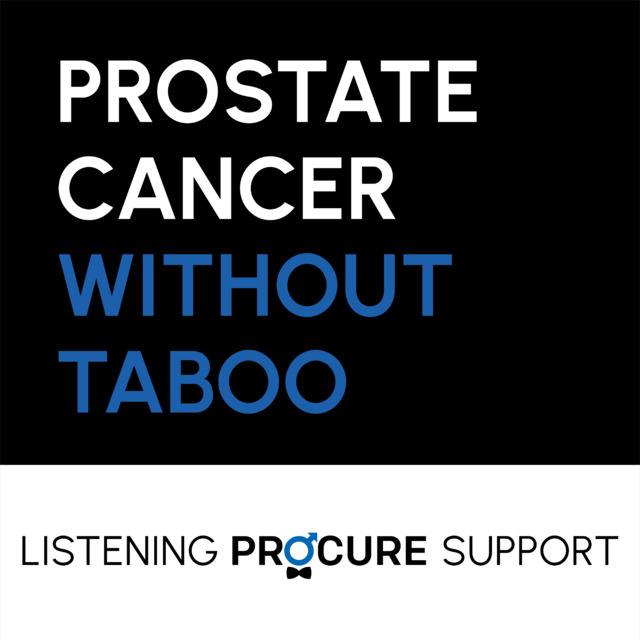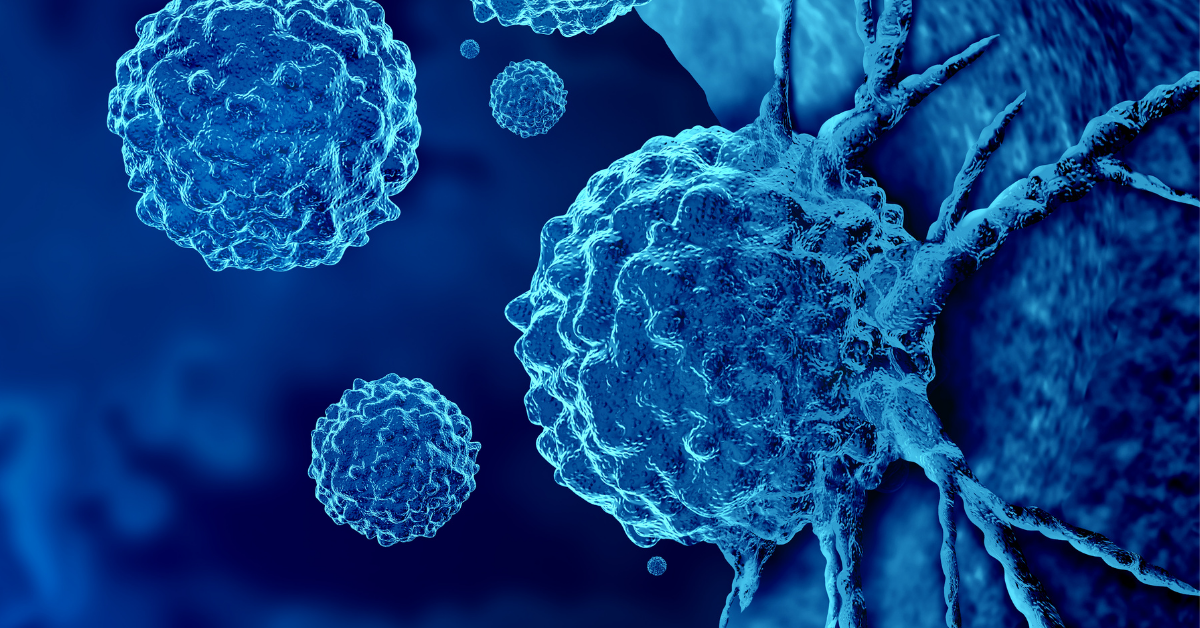Webinars
Webinars
Informing you is part of our mission
One of PROCURE’s missions is to inform people about prostate cancer. To do so, we organize webinars to inform, support and raise awareness.
Presented by PROCURE, “PROCURE Health Talks” is a series of free online webinars led by qualified health professionals to educate men and their families on all subjects related to prostate cancer. Topics covered include prostate cancer, treatment options, sexuality, nutrition, exercise, as well as new treatments and managing side effects.
Our experts address all the issues that concern you for a shared moment of help and exchange. Ask us all your questions at info@procure.ca, our experts are here to answer them. All our webinars are available on our YouTube channel.
If you have any questions or concerns regarding the topics covered in these webinars, please do not hesitate to contact our healthcare professionals specialized in uro-oncology on our toll-free support line 7 days a week at 1-855-899-2873.
Cultivating intimacy during and after prostate cancer
Confronted with the challenges brought about by prostate cancer treatments, how can couples adapt, rebuild, or maintain their intimacy? Is it possible to foster intimacy without engaging in sexual relations? Guylaine Gélinas-Martel, a sexologist and psychotherapist, delves into these questions and more in this PROCURE Health Talks. Don’t miss out on this opportunity to enhance your understanding and discover strategies for sustaining intimacy when faced with prostate cancer.
You will find below all the episodes of PROCURE Health Talks published in 2024 and 2023. All our webinars are also available anytime on our YouTube channel.
In more detail
Other pages that might interest you
Additional Information - Prostate cancer

Prostate cancer: Tests, imaging and biomarkers
Discussion about the variety of approaches available to monitor this disease before, during, or after treatment.

Living with permanent erectile dysfunction in 5 points
Living with permanent erectile dysfunction in 5 points outlines the essential considerations in navigating this reality. These tips serve as guiding principles to assist individuals, whether they are in a relationship or facing this situation alone. Healthcare professionals are here for you Sexuality is ever-present; it does not disappear with permanent erectile dysfunction. Consult healthcare […]

Sexuality and intimacy in 5 points
Sexuality and intimacy in 5 points addresses specific challenges and opportunities that may arise after treatment for prostate cancer.

Your prognosis and survival
After receiving a diagnosis of prostate cancer, you will undoubtedly have questions about your prognosis and survival and will want to know the chances of success with your treatment.

Caregiver involuntarily? Here are 5 tips!
The diagnosis, treatment, or progression of a disease, such as prostate cancer, in a loved one always requires adaptation from both the caregiver and the care recipient.

Will the effects of hormone therapy disappear?
Hormone therapy is used to prevent your body from secreting or using testosterone. But what about the side effects of hormone therapy?

Points of view of 3 patients with prostate cancer
Here are the points of view of 3 patients with prostate cancer, to continue to demystify this still taboo disease.

Your role as a patient
Have you been diagnosed with prostate cancer? Your role as a patient is essential throughout your journey.

States of prostate cancer post-treatment
Gentlemen, you’re being treated for prostate cancer, and your latest blood tests show an increase in PSA levels?

The importance of medical monitoring
Have you been or are currently being treated for prostate cancer? In such a case, it pays to know the facts to fully understand the importance of medical monitoring. After a diagnosis of cancer, you will normally be followed by your urologist for several years. Depending on your type of cancer and treatment, this follow-up […]
Sources and references
Last medical and editorial review: April 2024. See our web page validation committee and our collaborators by clicking here.



